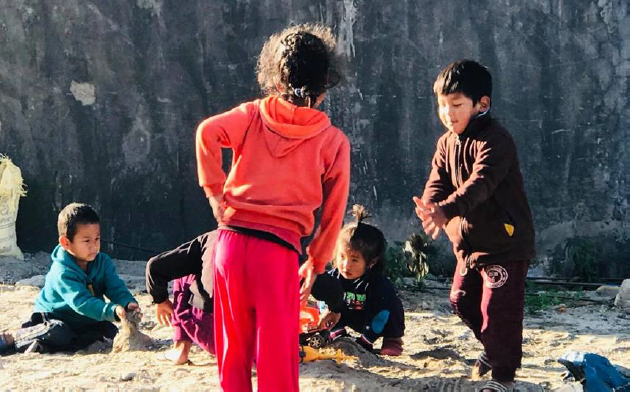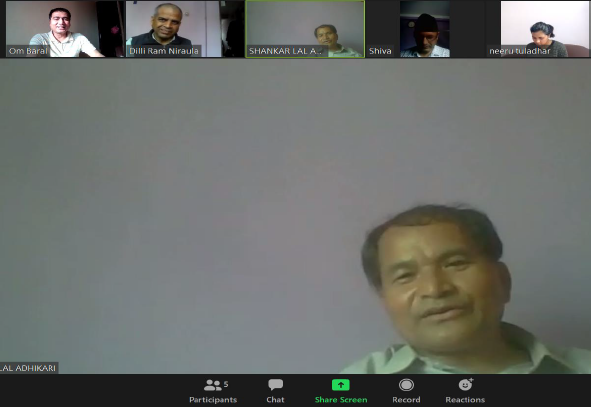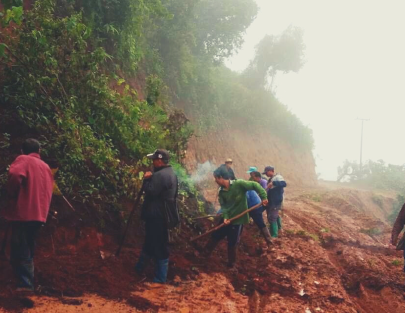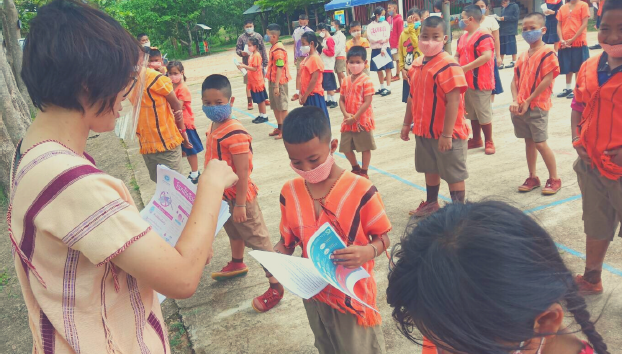Written by Om Baral - Nepal Country Manager
Nepal eases lockdown after massive public pressure.
Amid mounting pressure, the prolonged lockdown which was enforced on 24th March by the Nepal government has officially been eased nationwide after 79 days. While the COVID-19 cases are increasing rapidly with the death tolls, the government has formalised its decision to ease the ongoing lockdown amid confusion and widespread criticism.
The change in modality of lockdown is attempting to resume economic activities such as operations of small business, industries and private vehicles within the districts where there are records of fewer cases of COVID-19. Furthermore, the public are requested to take proper measures while attending social gatherings such as wearing masks and maintaining social distance.
However, the restriction on educational institutions i.e. schools, colleges, tuition centres are still going on by not allowing thousands of students to go to schools.
Lockdown and mental health among children.
As the restriction on educational institutes continues, psychologists have claimed that there are profound impacts on children. This continuous confinement for around 3 months with almost no physical activity has hit the children the hardest across the nation.
Some students from the private schools have already started virtual classes and are engaged in their assignments and academic activities. However, the children from the most government schools have no access to technologies and are not able to engage in any sort of educational activities. The principal of one of our partner schools in Dhulikhel admits 80% children of his school have no access to radio, television and internet. Most children are from rural communities and migrants. They have gone back to their homes before the lockdown and it is hard to contact these children during lockdown. However, he hopes that the children gradually come back to school as the government has eased the lockdown now.
Psychologists claim that children remaining out of schools for a long time results in prolonged stress and boredom among them. Schools are only meant to provide them a great platform to socialise and play outdoors. Lack of such activities can lead children to mental health problems such as anxiety and depression. On top of this, there are many children who are already at risk of challenging home environments and lack social support. The families of children who are severely facing poverty and the children from such families are in more vulnerable situations.
The current situation has robbed children’s freedom and of all they want. They want to jump, play, talk and socialise. Thus, during this lockdown, they require attention, time, and support from their parents which will somehow prevent them from suffering psychological distress in future.
For this, the teachers, experts and local organisations should find the way to engage the children in creative works as much as possible.
It is obvious that the prolonged lockdown has made everyone’s life difficult. It is leading to frustration and anxiety especially those who earn their daily livelihoods by working in the building construction in towns, as porters and farmers. The recent police report shows 1,105 people have already committed suicide during lockdown.

The Nepal hub and partner schools.
Considering the current situation of children, the Nepal hub is regularly in contact with our partner schools in Dhulikhel.
We are connecting with teachers through virtual meetings and are working to understand the current situation of students and the upcoming plan of the school.
The government is currently conducting the radio teaching targeting to the primary and secondary children in the area. However, the teachers argue that it is not accessible to all students those who are outside Dhulikhel area now. At the same time, teaching through radio is not much effective to the students because it is difficult to make children listen to radio attentively for long time.
The school has already distributed textbooks to those students who are around the school area. One-third of students have got the textbooks. It is a great relief to the students to have textbooks in hands.
Finally, the school and the Nepal hub have decided to prepare the homework packs and provide it to the students. The homework pack, however, will be developed under the school’s curriculum. It is decided that the students will come to receive their homework packs at school completely maintaining the guidelines of COVID-19 by the government. The school is currently contacting the parents of children to inform the program.




